The Legacy and Impact of UPN: A Blueprint for Black Representation in Early 2000s Television
Spotlight Stories - Visual Archive
The United Paramount Network (UPN) may have had a short lifespan, existing from 1995 to 2006, but its cultural and social impact—especially on Black representation in television—left a lasting legacy. UPN became a crucial platform for showcasing Black stories, providing opportunities for Black actors and creators, and entertaining audiences who often lacked the privilege of cable television. Through its lineup of groundbreaking sitcoms and dramas, UPN became a haven for diverse voices during its peak years in the early 2000s.
This article explores UPN’s significance, highlighting its flagship shows like Moesha, Girlfriends, The Parkers, and others, while discussing the network's rise, eventual downfall, and enduring influence on television today.
Launched in January 1995, UPN entered a highly competitive broadcast environment dominated by ABC, NBC, CBS, and Fox. Initially, the network aimed to carve out its identity with diverse programming. Its breakthrough came when it leaned into shows that featured Black casts and storylines, filling a critical void on network television.
While other networks largely sidelined Black representation in favor of predominantly white programming, UPN embraced stories centered on the Black experience, reflecting the day-to-day realities, humor, and challenges of Black communities. The network quickly became a staple in households that craved representation, particularly those without access to cable channels like BET.
UPN's Key Shows and Their Cultural Contributions
Moesha (1996–2001)
Starring singer and actress Brandy Norwood, Moesha was one of UPN’s first major hits. The show followed the life of Moesha Mitchell, a smart, independent teenager navigating family, friendships, and her personal identity in Los Angeles. As a coming-of-age sitcom, Moesha struck a chord with audiences by addressing relevant social issues such as race, gender, and education, all while maintaining its comedic charm.

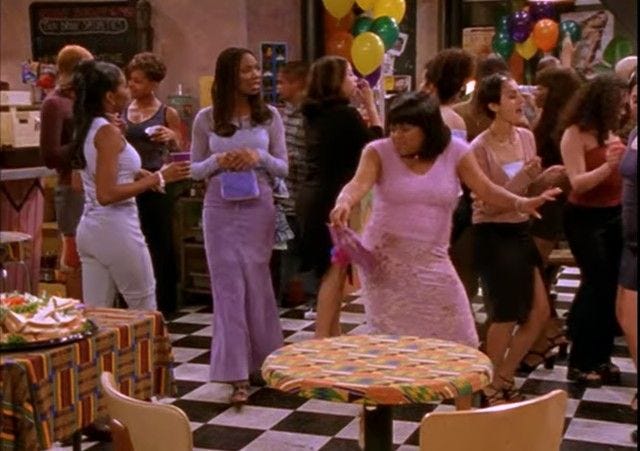
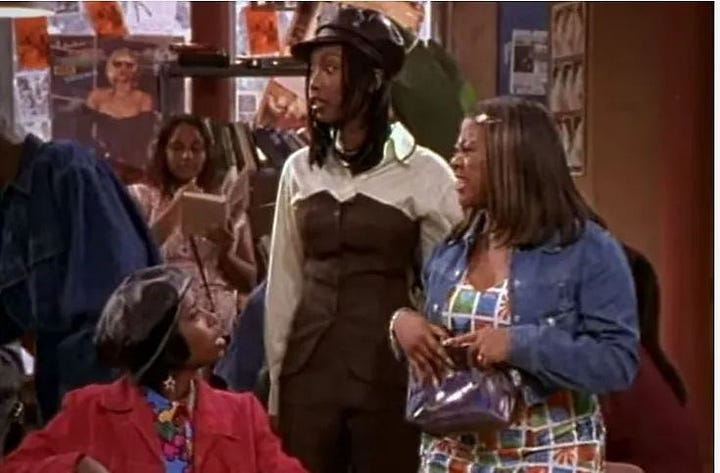
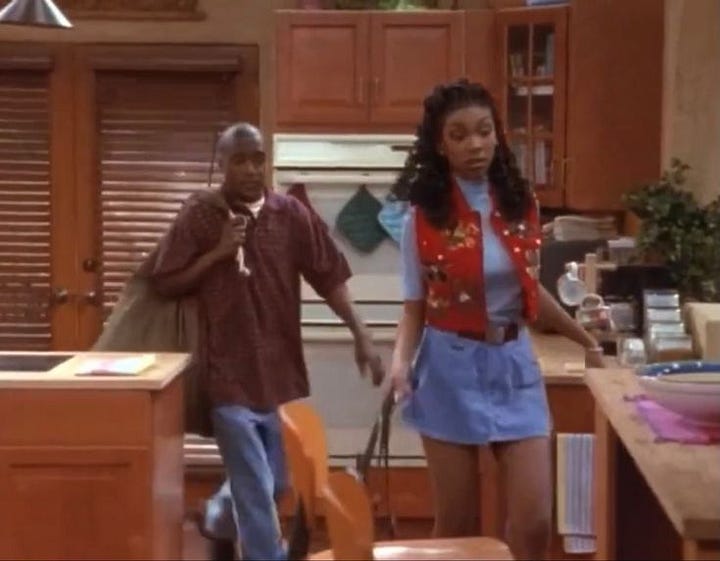
Brandy's star power and the show’s authenticity made it a cornerstone of UPN’s programming, setting the stage for the network's dedication to Black storytelling.
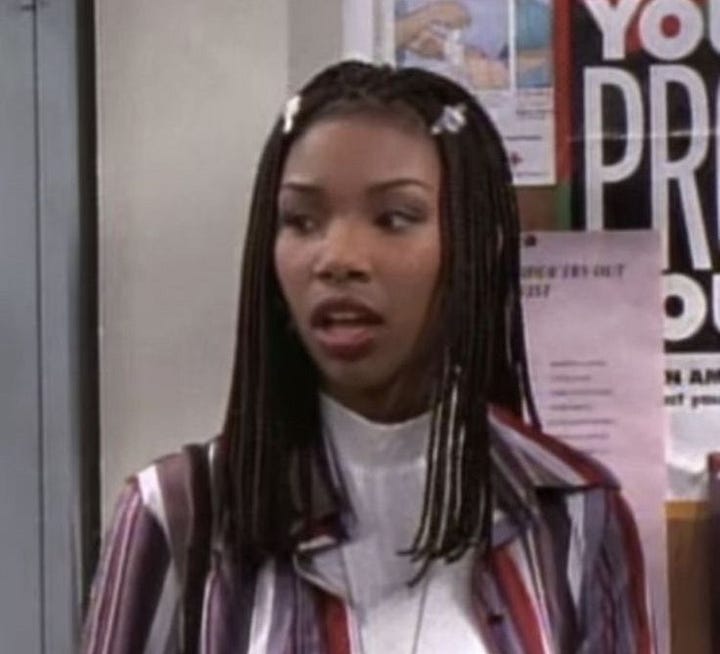
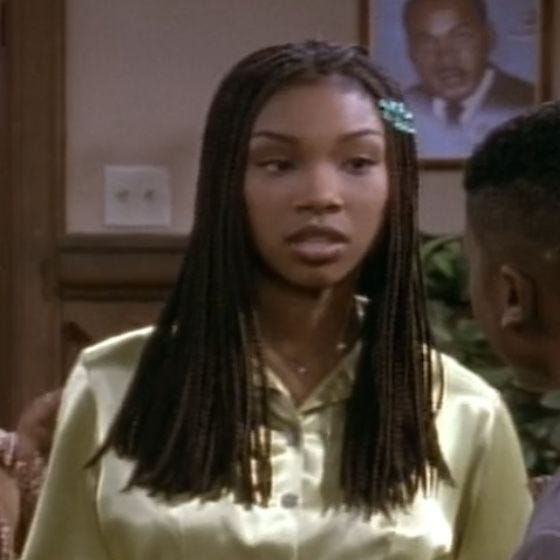
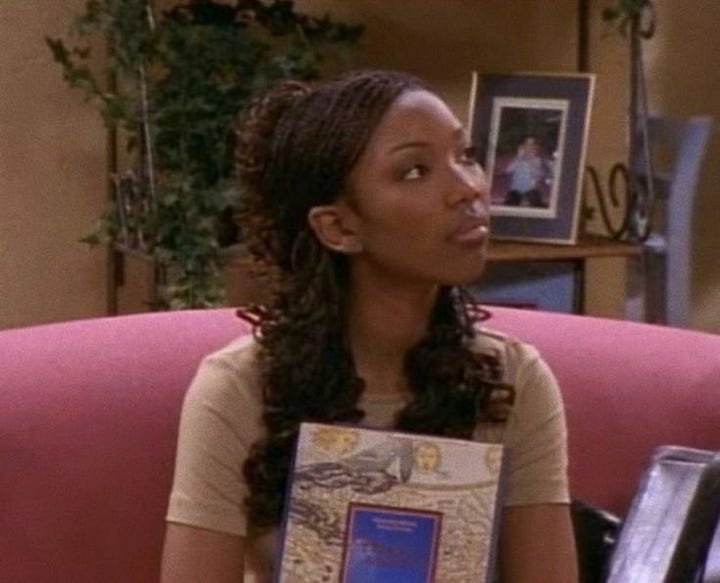
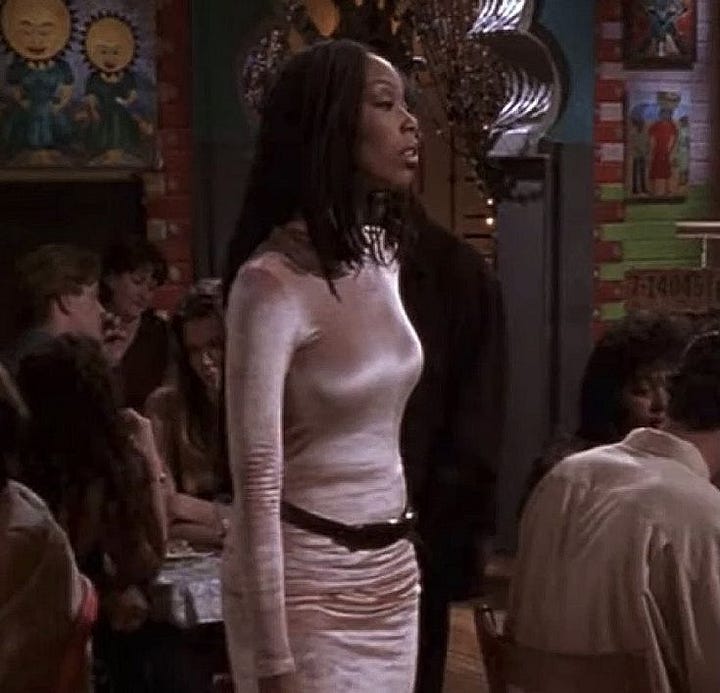
Girlfriends (2000–2008)
When Girlfriends debuted, it filled a crucial gap by offering a nuanced portrayal of Black women’s friendships, careers, and relationships. Created by Mara Brock Akil, the show starred Tracee Ellis Ross, Golden Brooks, Persia White, and Jill Marie Jones as four friends navigating life in Los Angeles.
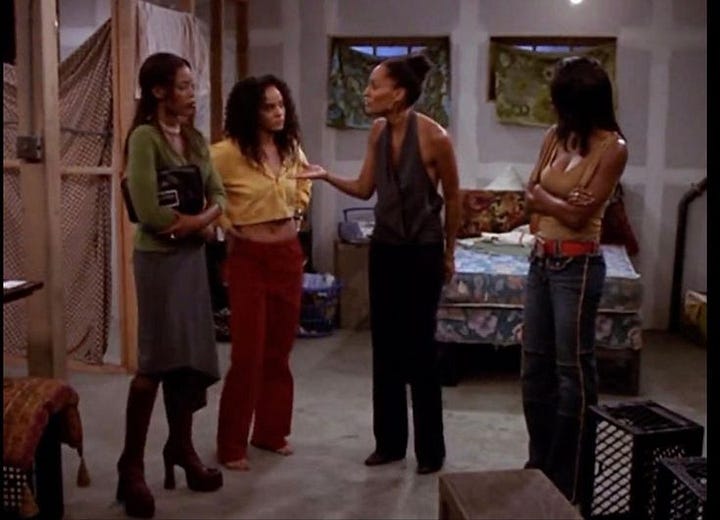
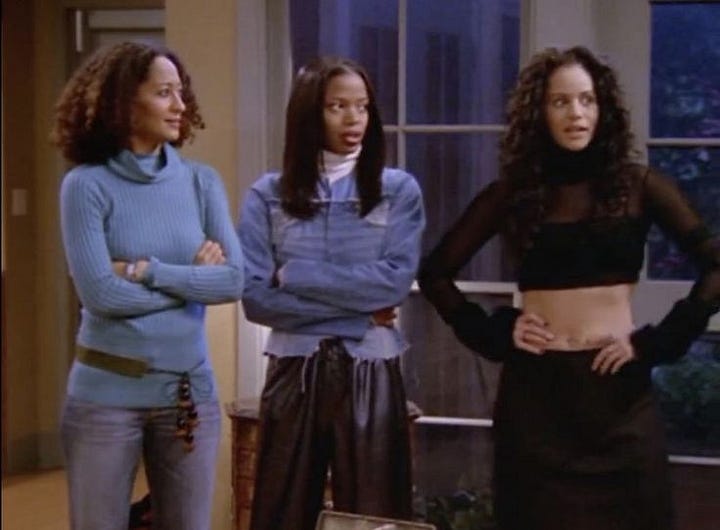
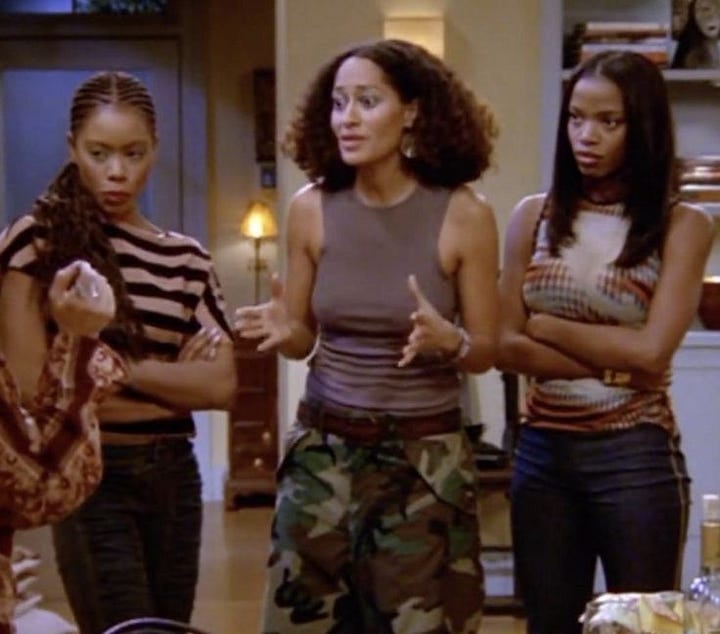

The series delved into themes of love, ambition, and social identity, resonating deeply with young Black women. Girlfriends also broke barriers by portraying Black women in professional spaces, showing their vulnerabilities, and normalizing their aspirations—paving the way for future hits like Insecure.
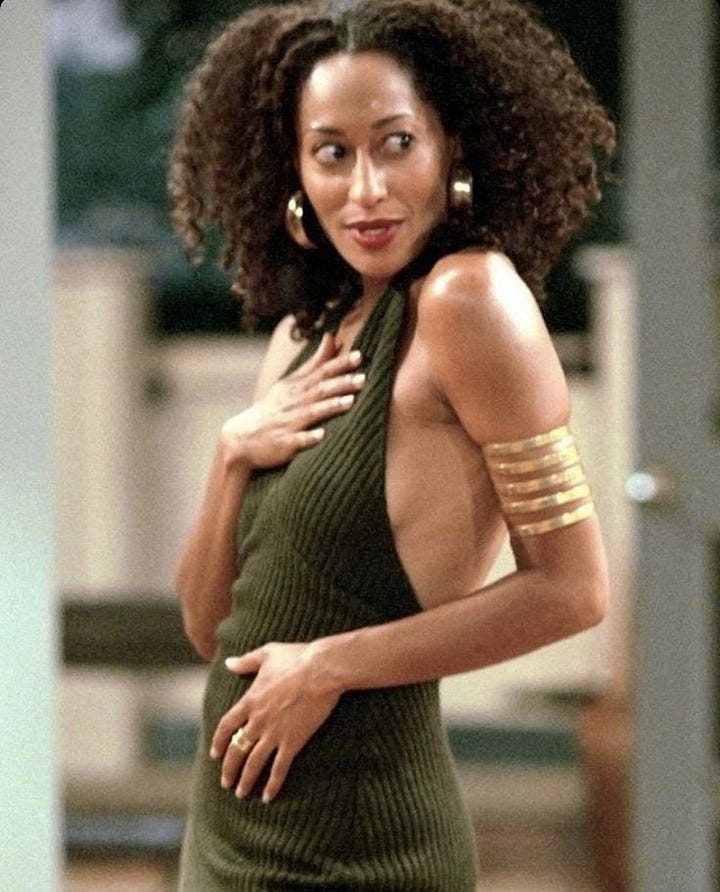
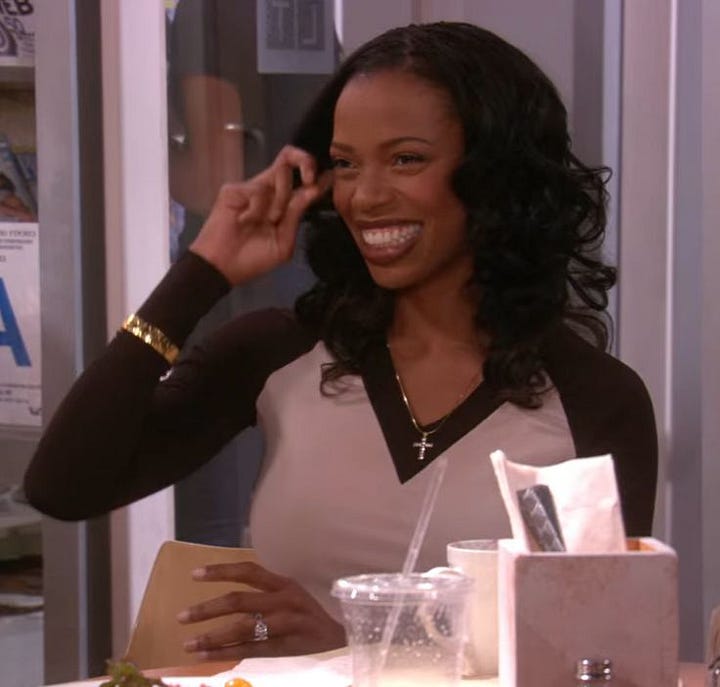
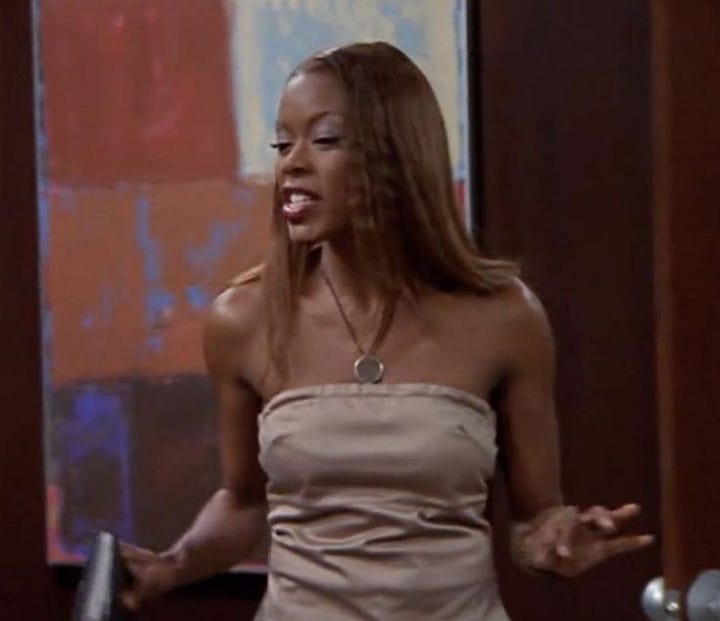
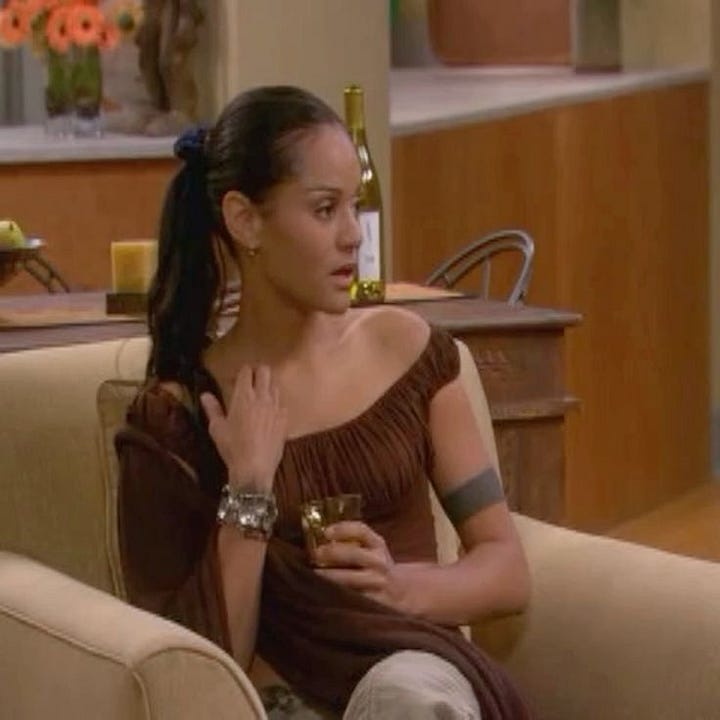
The Parkers (1999–2004)
A spin-off of Moesha, The Parkers centered on the dynamic mother-daughter duo Nikki (Mo’Nique) and Kim Parker (Countess Vaughn). The show offered a refreshing blend of comedy and heartwarming moments as Nikki, a single mother, decided to join her daughter at college.
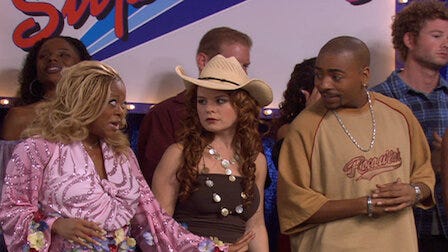
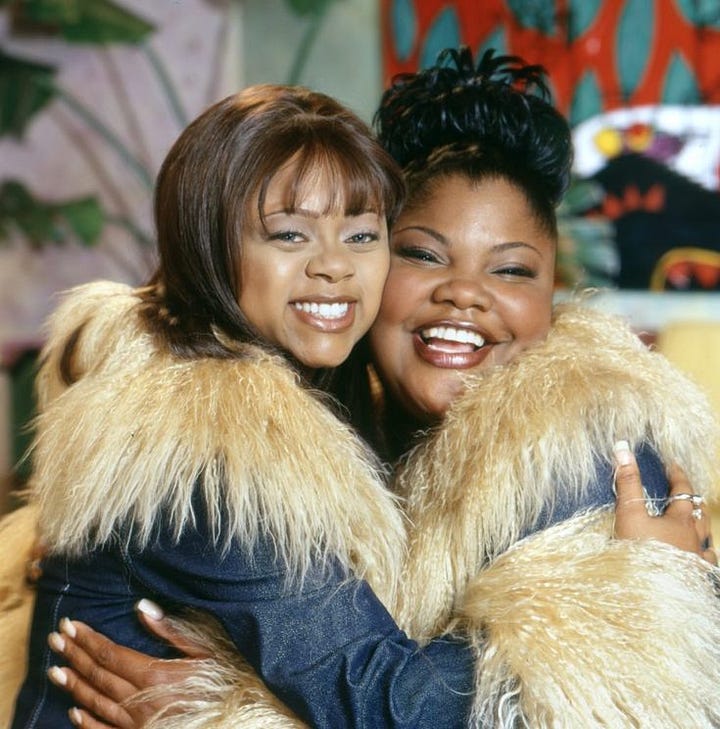
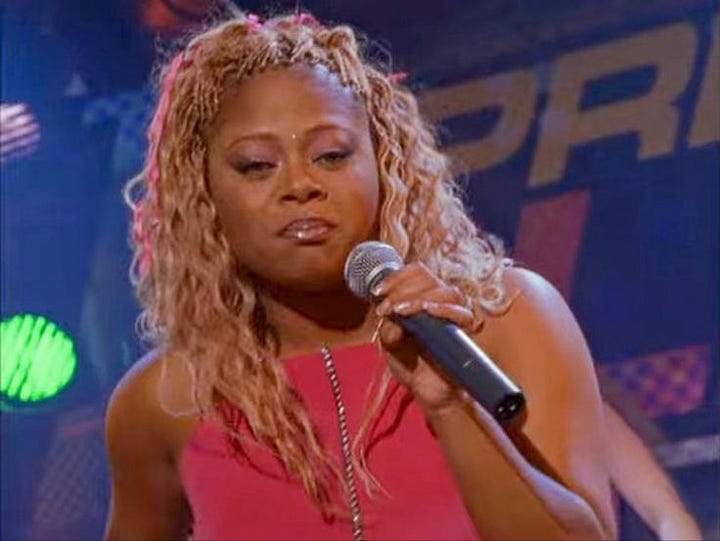
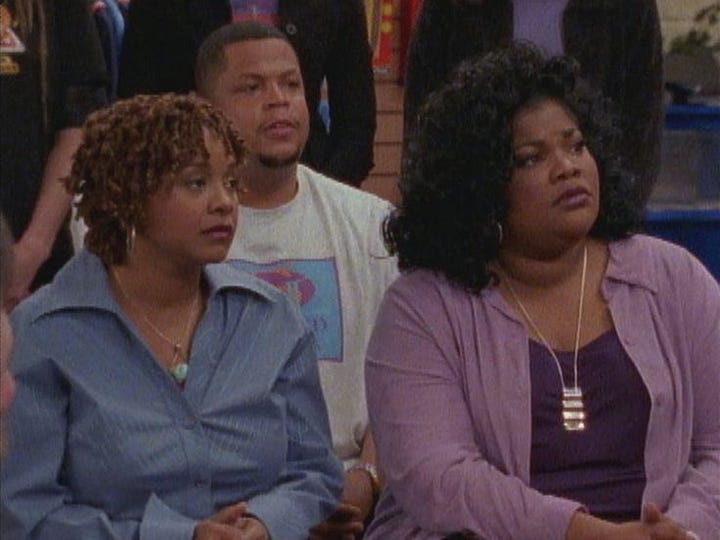
Mo’Nique’s larger-than-life performance and the show’s lighthearted yet empowering messages made The Parkers a fan favorite. It further solidified UPN’s identity as a network that celebrated Black joy and resilience.
One on One (2001–2006)
Starring Flex Alexander and Kyla Pratt, One on One chronicled the life of a single father raising his teenage daughter in Baltimore. The show provided a refreshing take on family dynamics, challenging stereotypes about Black fatherhood by presenting a nurturing, responsible single dad.
With its relatable humor and heartfelt storytelling, One on One became another gem in UPN’s crown, appealing to both young viewers and their parents.
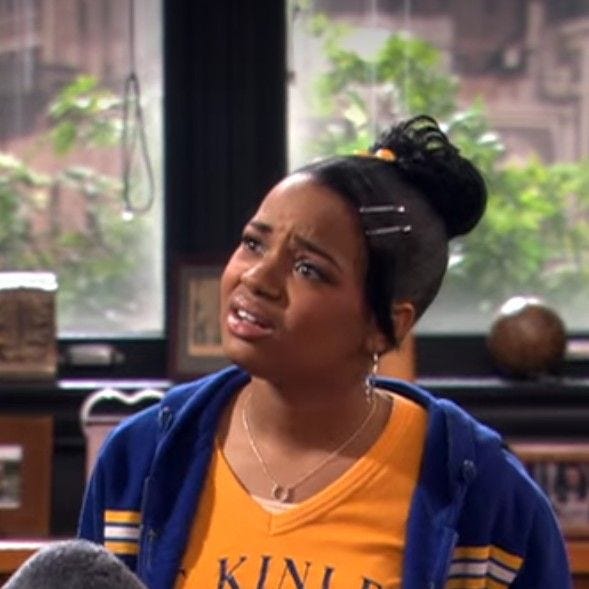
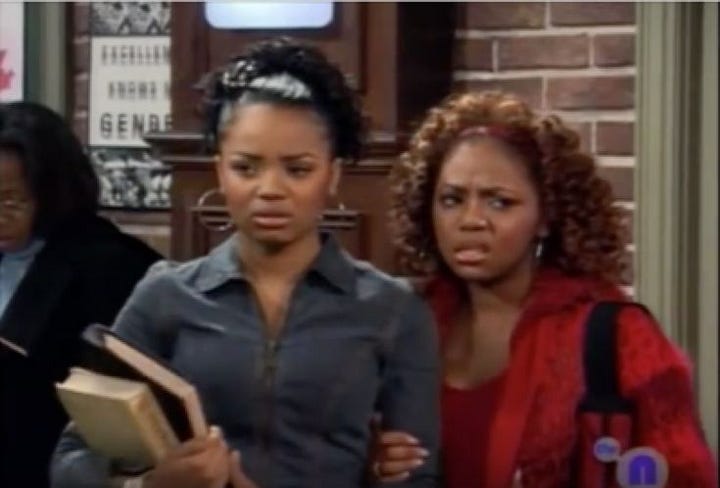
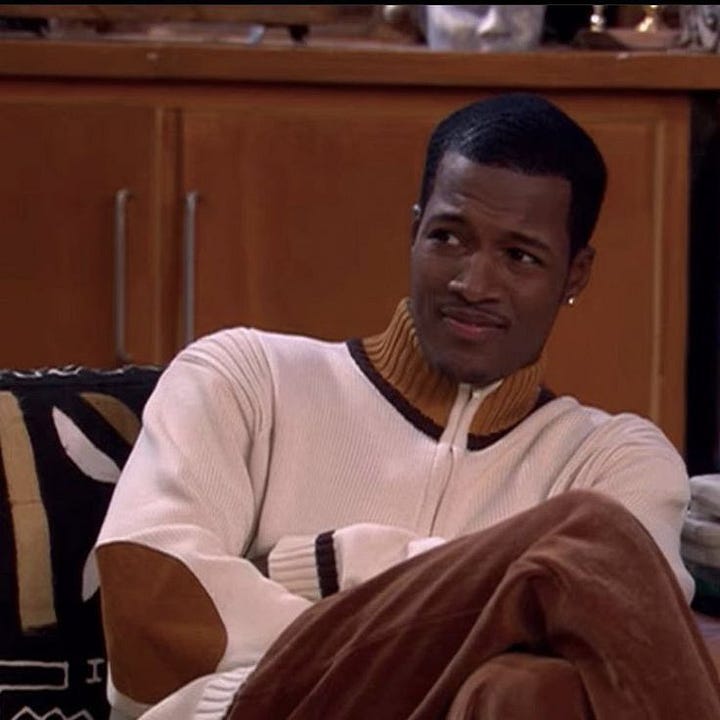
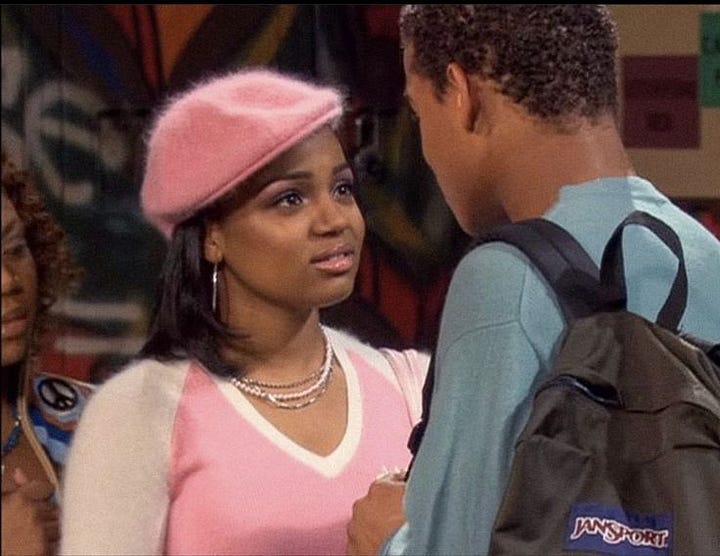
Other Notable Shows
In The House (1995–1999): Featuring LL Cool J, this sitcom highlighted the story of a former football player turned landlord, blending humor with lessons about community and perseverance.
Half & Half (2002–2006): Chronicling the complicated yet loving relationship between two half-sisters, this series celebrated the complexity of blended families.
Eve (2003–2006): Starring the rapper Eve, this romantic comedy explored modern relationships and the challenges of entrepreneurship, showcasing another facet of Black womanhood.
The Hughleys (1998–2002): Featuring comedian D.L. Hughley, this sitcom tackled cultural assimilation as a Black family moved into a predominantly white suburb.
Malcolm & Eddie (1996–2000): Starring Malcolm-Jamal Warner and Eddie Griffin, this buddy comedy brought laughs while highlighting friendship and ambition.
Everybody Hates Chris (2005–2009): Based on Chris Rock's childhood, this critically acclaimed series combined humor and heart, using a young Black boy’s perspective to tackle systemic racism and family struggles.
All of Us (2003–2007): Created by Jada Pinkett Smith and Will Smith, this show portrayed the complexities of co-parenting and blended families, reflecting modern realities.
UPN’s success was undeniably tied to the contributions of Black actors, writers, and creators. The network provided a platform for established stars like Mo’Nique and LL Cool J, while also launching the careers of future icons such as Tracee Ellis Ross and Brandy Norwood. Behind the scenes, creators like Mara Brock Akil (Girlfriends) and Ralph Farquhar (Moesha) ensured that Black stories were told with authenticity and care.
Moreover, these shows didn’t just entertain—they provided representation in a media landscape that often marginalized Black voices. By depicting multifaceted characters and tackling real-life issues, UPN’s programming served as both a mirror and a window for its audience, fostering a sense of belonging and understanding.
Despite its cultural significance, UPN struggled with financial sustainability. The network's ratings couldn’t compete with the Big Four broadcasters or the growing array of cable options. In 2006, UPN merged with The WB to form The CW, marking the end of an era.
The merger sidelined much of UPN’s Black-centered programming. Many beloved shows were either canceled or shuffled off the schedule, leaving a void in network television. This shift was a stark reminder of how fragile Black representation could be in an industry driven by profit margins.
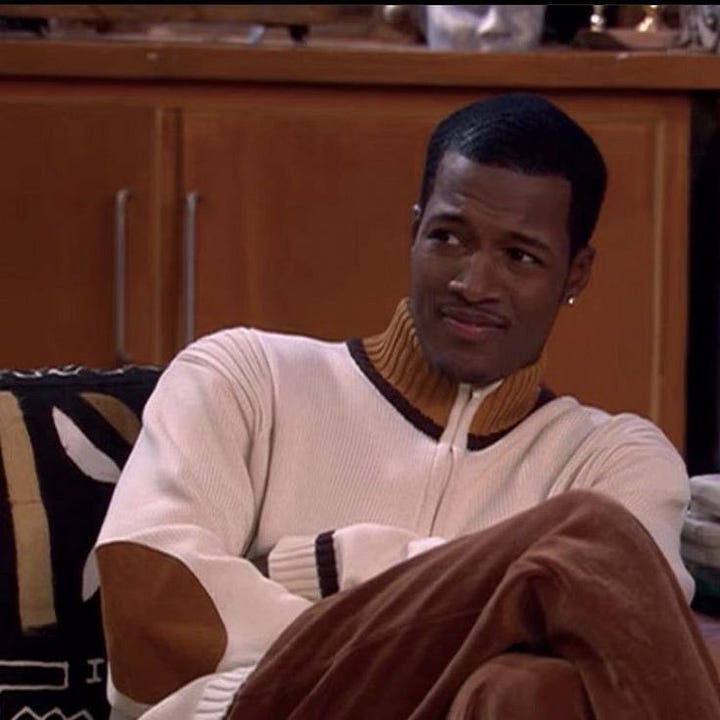
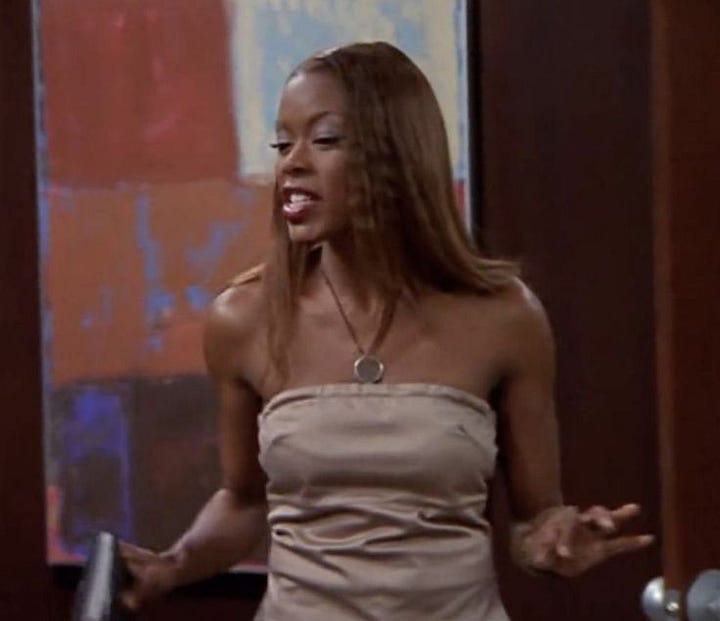
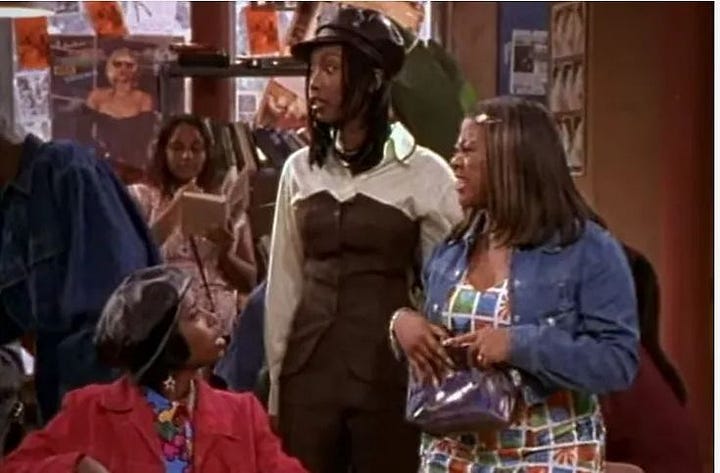
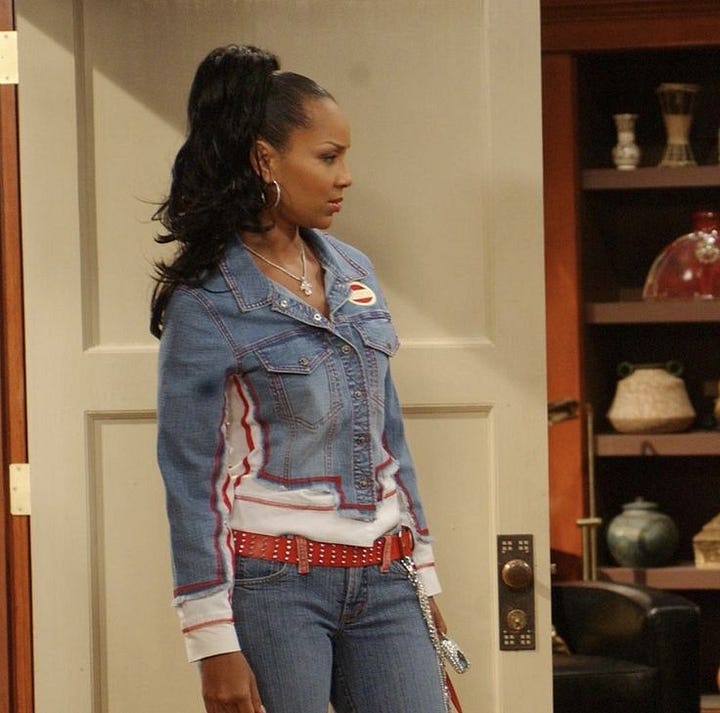
While UPN is no longer around, its legacy continues to influence television. Networks and streaming platforms have begun to recognize the value of centering Black voices, a trend arguably inspired by UPN’s trailblazing efforts. Shows like Insecure, Atlanta, and Abbott Elementary owe a debt to the groundwork laid by UPN in the early 2000s.
Additionally, UPN’s accessible programming model—free over-the-air broadcasts—was particularly significant for low-income households. At a time when cable TV was a luxury, UPN provided a space for families to see themselves reflected on screen without financial barriers.
The story of UPN is one of bold experimentation, cultural affirmation, and unfulfilled potential. By embracing Black stories and empowering Black creators, UPN offered a blueprint for authentic representation that remains relevant today. Its shows brought laughter, tears, and moments of recognition to millions, particularly those who had long been underserved by mainstream television.
Though the network ultimately fell victim to the challenges of the industry, its impact endures. For a generation of viewers, UPN was more than just a network—it was a home for stories that mattered.
Supporting Black creators in television and film is essential to ensuring that diverse stories continue to enrich our cultural landscape. Representation matters—not just for the audiences who see themselves reflected on screen, but also for shaping a more inclusive industry that values and uplifts voices from all walks of life. Black creators bring unique perspectives that challenge stereotypes, foster empathy, and tell stories that resonate universally.
When we champion Black talent, we contribute to a legacy of creativity and innovation, making room for more authentic and varied narratives. This support goes beyond watching shows and movies—it means advocating for equitable opportunities in funding, production, and distribution, and celebrating the success of these creators in every aspect of their craft.
The world is richer when all voices are heard. By standing behind Black creators, we take a step toward a future where the stories told on screen truly reflect the vibrancy and diversity of the world we live in.
Spotlight Stories
Discover the brilliance of Black creativity with The Blkuem's Spotlight Stories. This section features in-depth profiles, interviews, and narratives celebrating the artists, innovators, and trailblazers shaping the visual and storytelling landscape. From emerging talent to established icons, each story shines a light on the individuals pushing boundaries and redefining Black excellence.
The History of Black People in Houston, Texas: Impact, Influence, and Evolution of Black Culture
Houston, Texas, the largest city in the Lone Star State, has long been a cornerstone of Black American history, culture, and identity. From its deep-rooted communities to its undeniable influence on music, art, and politics, Houston stands as a beacon of Black excellence and resilience. This article explores the history, impact, and evolution of Black c…





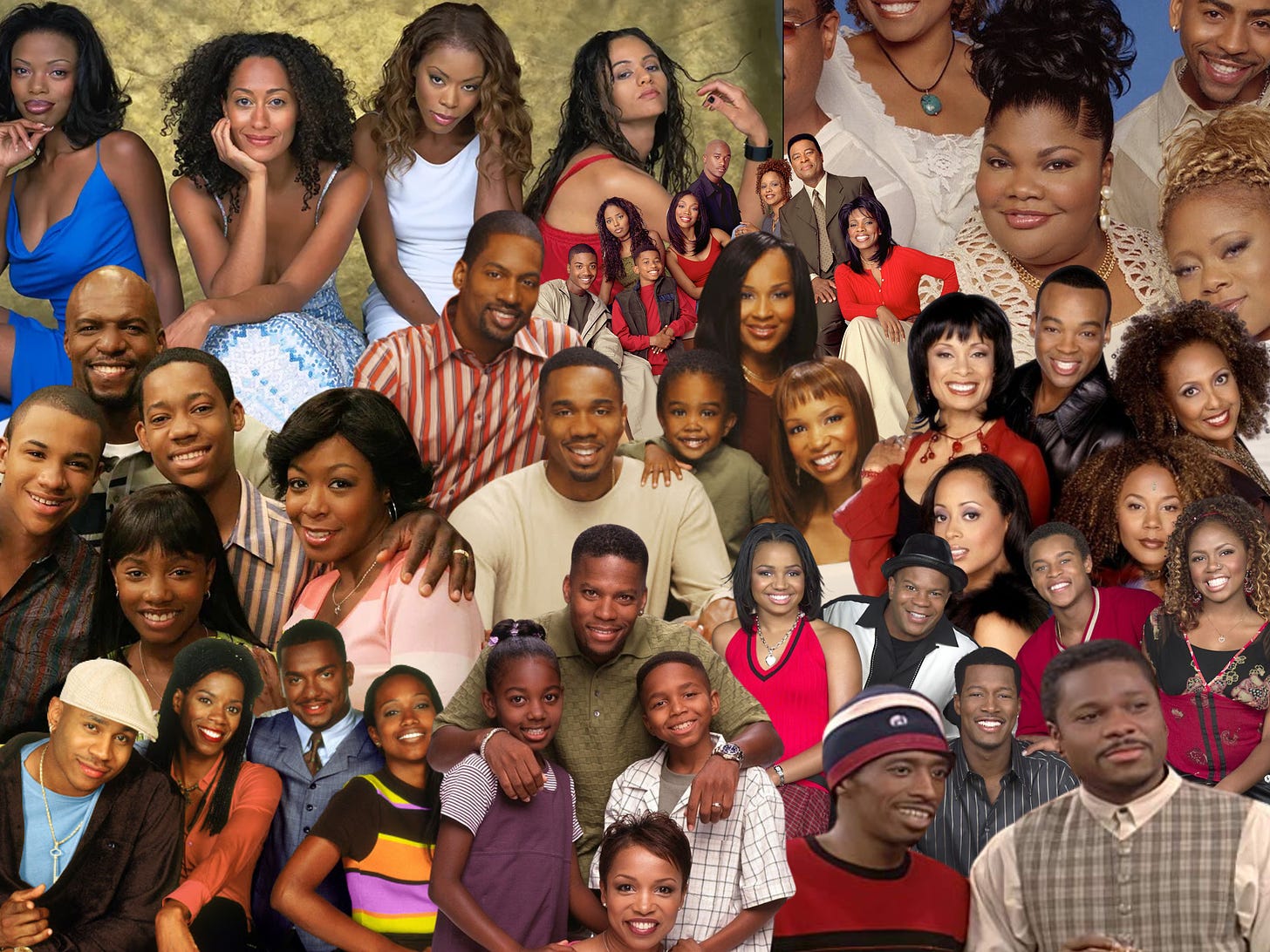

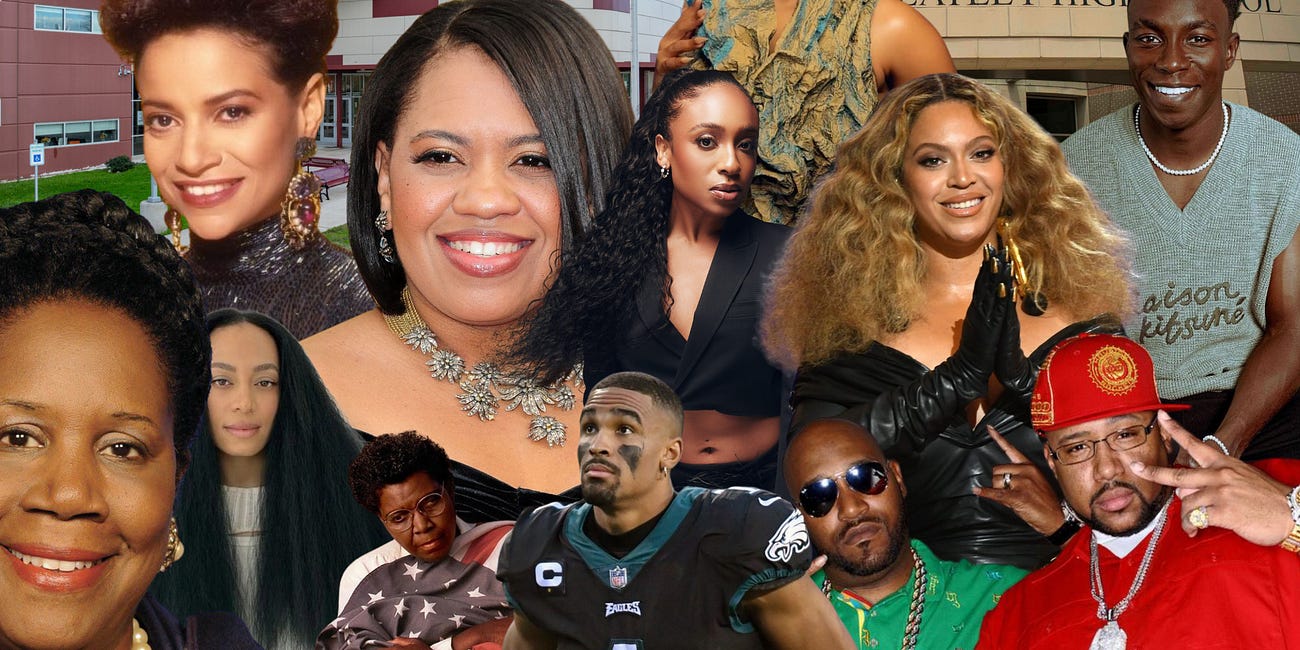
UPN was EVERYTHING. I don’t know a single teen or tween who wasn’t watching Moesha et al as Appointment Television. We WANTED these stories and actors onscreen. All of us kids. Black, white, Mexican, Filipino, Japanese, you name the culture and we all loved it. These shows were more true to life than anything else on air at the time. When ppl talk about shows getting canceled or entire blocks being shutdown bc of ratings...what a lie. Even before streaming ratings weren’t the problem. It was always the executives and competitive throttling. Phew u brought up memories and anguish, lol.
🤞🏾